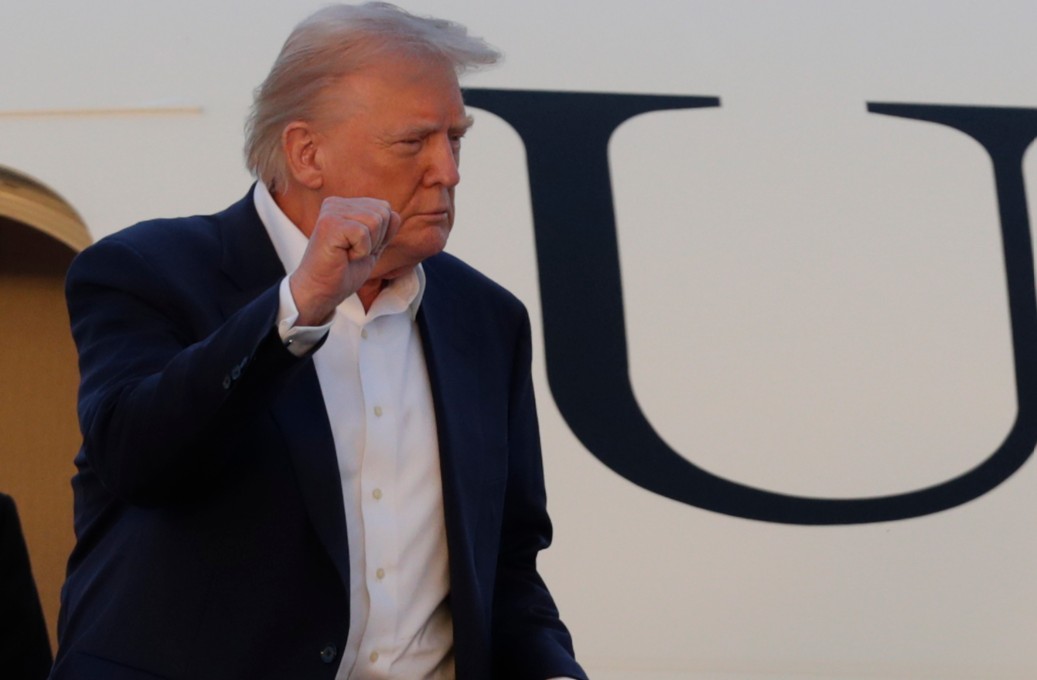In a move that has sparked widespread controversy and intense debate, the Department of Homeland Security, under the Trump administration, has unveiled a plan to offer migrants free plane tickets and a $1,000 incentive to leave the United States. While the initiative might seem straightforward on the surface, an analyst warns that there is much more to this plan than meets the eye.
The proposal, which has been described as both pragmatic and controversial, aims to address the ongoing immigration crisis by providing financial incentives for migrants to voluntarily return to their home countries. The Department of Homeland Security argues that this approach is a humane and efficient way to manage the influx of migrants, reducing the strain on the country’s resources and alleviating the backlog of immigration cases.
However, critics are quick to point out that this plan is not as simple as it appears. An analyst, who has closely examined the proposal, suggests that there are several hidden dimensions and potential consequences that need to be considered. For one, the offer of $1,000 and a free plane ticket might seem attractive to some migrants, but it does not address the root causes of migration, such as economic hardship, violence, and political instability in their home countries.
Moreover, the analyst warns that this plan could have unintended consequences. By offering financial incentives to leave, the administration might inadvertently encourage more migrants to come to the U.S. in the hope of receiving similar benefits. Additionally, there are concerns about the ethical implications of paying people to leave a country, especially when they are fleeing dire circumstances.
The proposal has also raised questions about the long-term impact on the U.S. immigration system. While the immediate goal is to reduce the number of migrants in the country, critics argue that this approach does not provide a sustainable solution. Instead, they suggest that a more comprehensive and holistic approach is needed to address the complex issues surrounding immigration.
As the debate over Trump’s plan to pay migrants to leave the U.S. continues to unfold, it is clear that this proposal is far from straightforward. While it might offer a short-term solution to the immigration crisis, the long-term consequences and ethical considerations cannot be ignored. As the nation grapples with this controversial initiative, the future of immigration policy in the United States hangs in the balance.
In conclusion, Trump’s plan to pay migrants to leave the U.S. is a bold and contentious move that has sparked intense debate. While the Department of Homeland Security argues that it is a humane and efficient solution, an analyst warns that there are hidden dimensions and potential consequences that need to be carefully considered. As the nation watches closely, the future of immigration policy remains uncertain.

